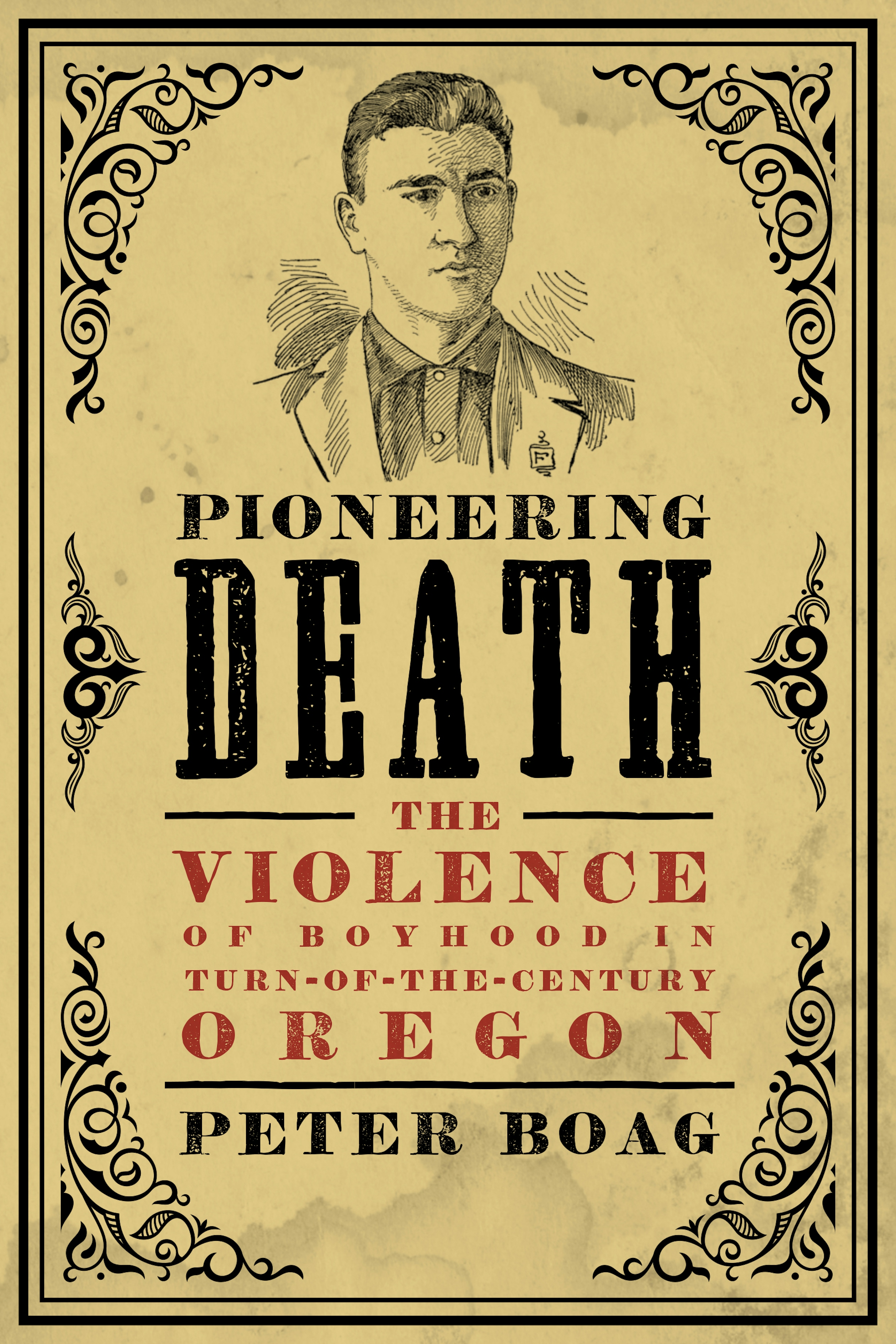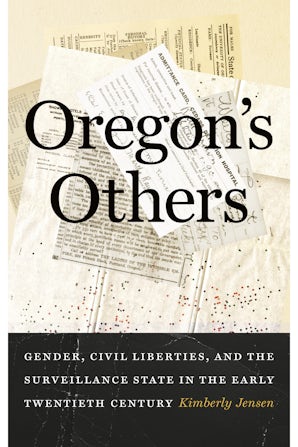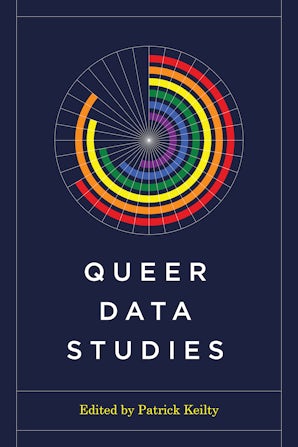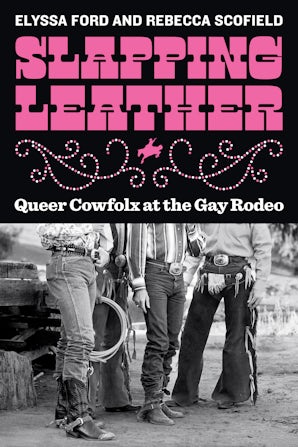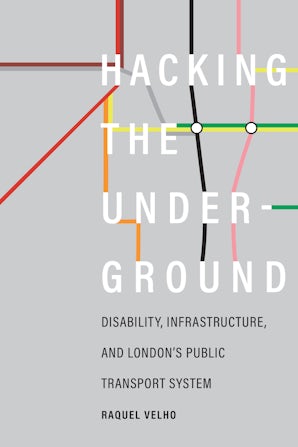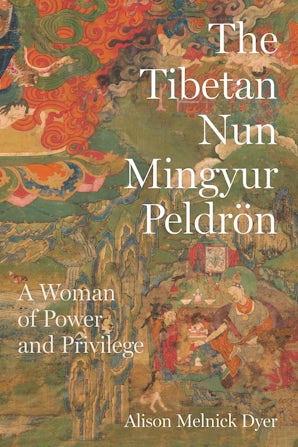"A kaleidoscopic study of the whole societal context surrounding the Montgomery crime. It expands outward from standard criminology turf... to explore the grinding economic depression of the late 1800s and the complex financial and social pressures felt by Willamette Valley farm families."
-
The Columbian
"In his study, Boag successfully accomplishes two tasks: he assesses the environmental pressures that may have led Montgomery to slay his parents while offering a rare and intimate portrait of ordinary people in agrarian Oregon during the Gilded Age...Boag's engaging prose, provocative ideas, and the inherent luridness of his subject matter make this work that rarest of things: an academic page-turner that should appeal to broad audiences of readers."
-
Pacific Historical Review
"Peter Boag's excellent Pioneering Death is, at its heart, an outstanding study of community in late nineteenth-century rural Oregon...[The] book shows that there is still much to be learned about Oregon history and that community studies are a particularly powerful way of getting at that sory."
-
Oregon Historical Quarterly
"Rigorous and compelling...Boag's insightful work does much to help us understand these shocking crimes and these unresolved stories that never seem to go away."
-
Montana: The Magazine of Western History
"Like the best microhistories, Boag's book uses the minutiae of [an 1895 triple murder] to open a window into broader currents--exploring violence, uncertainty, expectation, and despair in the rural Pacific Northwest of the time, and beyond...[T]he vivid writing and careful detail in Boag's Pioneering Death make the book suitable for an audience beyond specialists."
-
Pacific Northwest Quarterly (PNQ)
"A compelling story that incorporates a diverse set of analytical methods to describe an eighteen year-old's parricide and murder in the 1895 Willamette Valley...Boag recounts this event, and the circumstances leading to it, with elegant prose and engaging detail."
-
Reviews in American History
